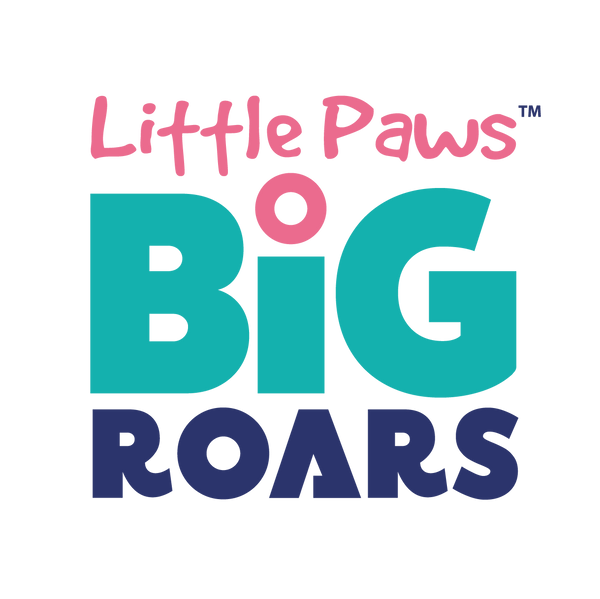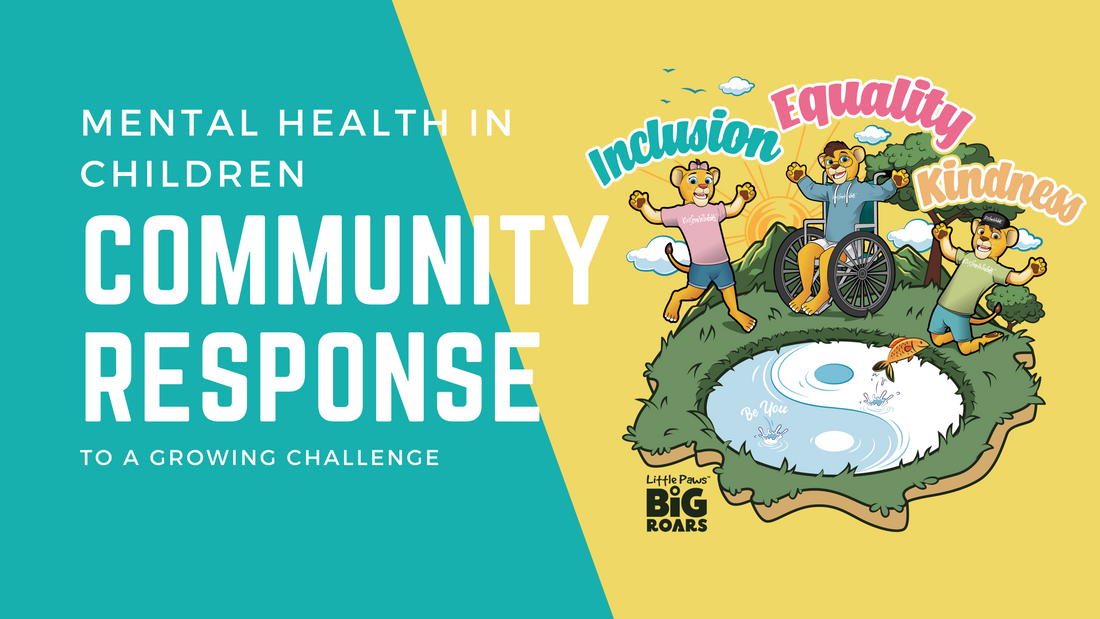The mental health of children in Australia is a pressing issue that requires immediate and coordinated action. The National Children’s Mental Health and Wellbeing Strategy highlights the significant challenges we face, revealing that mental health struggles often begin in childhood, with an estimated 50% of adult mental illnesses developing before the age of 14[1]. The statistics are concerning: in 2015, anxiety, depressive disorders, and conduct disorders were among the leading causes of disease burden for children aged 5-14 years.
These figures present a stark reality of the current state of children's mental health, with long-term consequences that cannot be ignored. Research indicates that 50% of children with mental illness continue to struggle in adulthood. Even among those who no longer meet the criteria for a diagnosis, their chances of functioning well are significantly lower than those without a history of childhood mental illness.
The impact of poor mental health during childhood can be profound and lasting. The survey emphasises that the first 2,000 days of life are critical, and interventions during this period can significantly improve children's early life experiences, health, and development. This emphasises the importance of supporting children from infancy, empowering parents, carers, and communities to play an active role in promoting mental wellbeing.
A Personal Drive to Make a Difference
As someone who has personally faced mental health challenges, including Perinatal Depression and Anxiety, and navigated the complexities of separating from my daughter's father, I am acutely aware of the potential risks my daughter may face. The traumatic events that have occurred during her formative years may have increased her vulnerability to mental health challenges. This awareness drives me to play an active role in addressing this issue, not only for my daughter but for all children who may be at risk.
As a scientist with a curious mind, I am encouraged by the growing body of evidence showing how malleable our brains are, particularly during childhood. Despite the challenges, NOW is the time to do the "hard work" to minimise the impact of trauma and reduce the likelihood of developing mental health issues. My own childhood experiences, including the loss of my baby brother when I was just four and a half years old, have undoubtedly influenced my mental health struggles. Growing up in the 1980s, society lacked the knowledge and support available today, and I am determined to ensure that future generations do not have to face the same struggles.
Addressing Mental Health from a Community Perspective
While society is still grappling with the concept of mental health and overcoming the stigma surrounding it, there is a growing understanding of the importance of community involvement in supporting children's mental wellbeing. This is where Little Paws, Big Roars comes in. Our mission is to take the wealth of data available, including insights from the National Children’s Mental Health and Wellbeing Strategy, and combine it with research and scientific studies on various modalities and tools that support children's wellbeing. Our approach is rooted in a community response, recognising that the wellbeing of children is not just a parental or educational responsibility, but a collective one.
Practical Tools and Lifelong Lessons
Little Paws, Big Roars has been created with a child-focused approach, introducing lovable cubs for children to meet from an early age, even before they can talk. These cubs have been developed as anchors for children, serving as a reminder of the safety and support they have within themselves. Through the narratives and guidance provided by these cubs, children are encouraged to recognise their limitless potential.
Our products are designed to be practical tools that align with existing frameworks to improve the overall wellbeing of children. These tools, which are intended to be led by parents, carers, and educators, focus on enhancing emotional intelligence, promoting mindfulness, boosting confidence, improving social skills, and strengthening relationships between children and their caregivers. By addressing these key areas, we aim to improve the overall mental health and wellbeing of children, helping them to navigate the challenges they face with resilience and confidence.
Little Paws, Big Roars has been created with a fun vibe, using bright colours to appeal to children and those of us who are still kids at heart. As children grow with these cubs, they develop lifelong lessons and tools that they will carry into adulthood.
The road ahead is not without its challenges, but by working together as a community, we can make a real difference in the lives of children. Little Paws, Big Roars is committed to being part of the solution, driving change from the ground up, and ensuring that every child has the support they need to thrive.
[1] National Mental Health Commission. (2021). National Children’s Mental Health and Wellbeing Strategy. Australian Government. Retrieved from https://www.mentalhealthcommission.gov.au.

